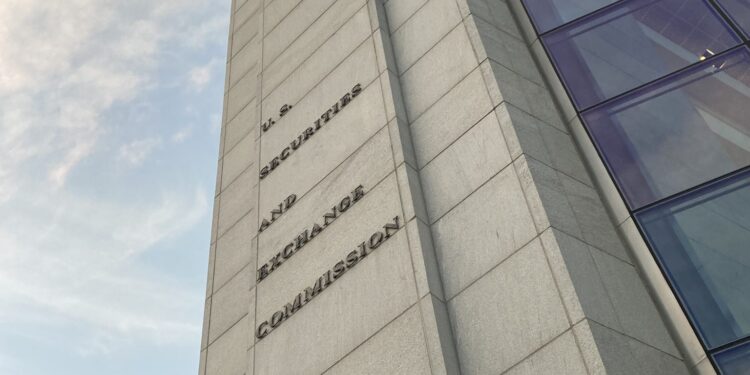On May 23, the U.S. Securities and Exchange Commission (SEC) announced settled charges against Gaia, Inc., a Colorado-based company offering video subscription services in the wellness industry. According to the SEC, the company had heavily overstated its paid subscriber count, retaliated against an internal whistleblower, and issued 23 severance agreements that impeded communication with the SEC.
Gaia agreed to a $2 million civil penalty. Paul C. Tarell, Jr., the company’s CFO who caused the alleged subscriber overstatement, agreed to a $50,000 civil penalty.
“This is a good sign that the SEC will aggressively enforce its rules against illegal nondisclosure agreements,” said Stephen M. Kohn, whistleblower attorney at Kohn, Kohn & Colapinto and author of the forthcoming Rules for Whistleblowers.
The number of paid subscribers had wrongfully included users who were gifted free trials, according to the SEC. Gaia allegedly offered these free trials to the 20,000 users whose previous payment was unsuccessful due to declined credit cards, and though only 5,000 took this opportunity to prepay or update their information, all 20,000 were included in the paid subscriber count announced in earnings calls and reports.
In August of 2019, a whistleblower repeatedly relayed the overstatement concerns with Gaia’s senior management. According to the SEC Order, “the Whistleblower reasonably believed that overstatement was a possible violation of the federal securities laws,” though “Gaia management inquired into the issue and determined the subscriber count was accurate.”
The whistleblower was reportedly told by Gaia that no action would be taken, which is when they decided to go to the Commission. Four months later, the whistleblower was fired “for cause” for making “unfounded complaints that required a significant expenditure of company resources to fully investigate,” according to the SEC.
The SEC further alleges that for over three years, Gaia issued severance agreements that included a provision that restricted the ability of former employees to contact agencies like the SEC. Specifically, it allegedly asked employees to waive their right to monetary recovery or relief, which contradicts the purpose of the SEC’s rules that encourage reporting.
This is in violation of SEC Rule 21F-17(a), which states that “no person may take any action to impede an individual from communicating directly with the Commission staff about a possible securities law violation, including enforcing, or threatening to enforce, a confidentiality agreement…”
“The Commission’s action today enforcing Rule 21F-17(a) shows their increasing commitment to preventing companies from attempting to silence whistleblowers through illegal severance agreements,” Benjamin Calitri, an attorney at Kohn, Kohn & Colapinto, said. “This action is especially significant since the illegal term of the agreement required employees to forgo any monetary recovery, showing the critical importance of whistleblower reward laws.”




